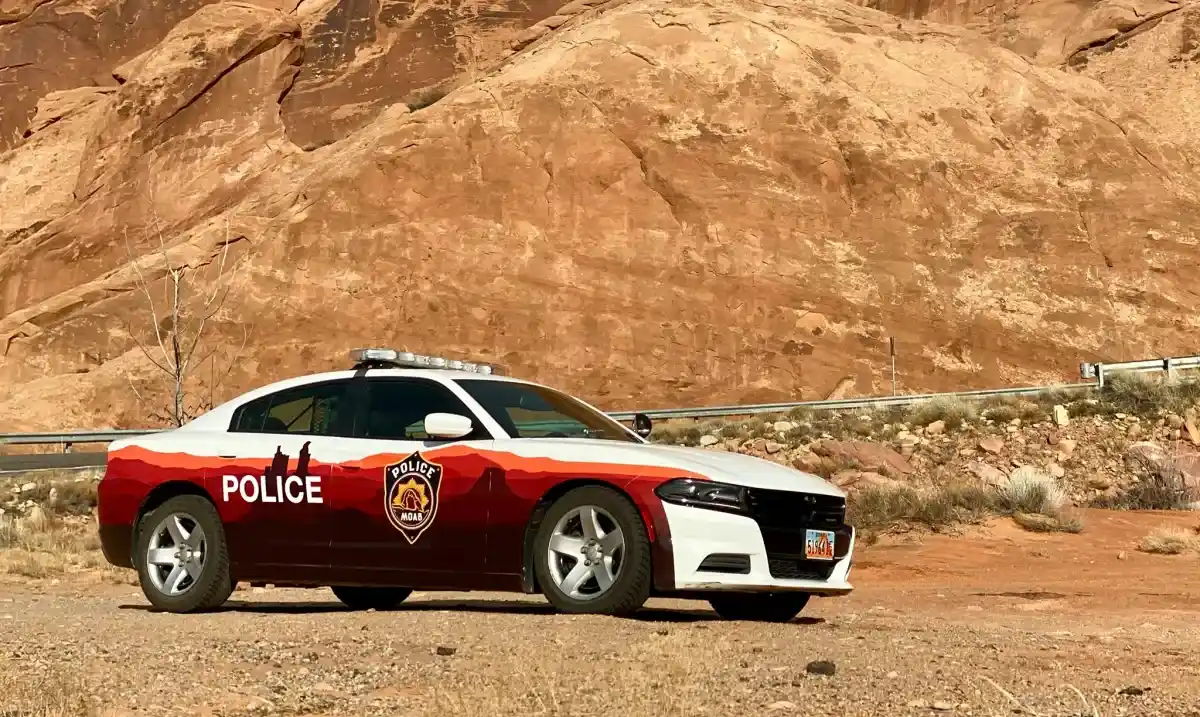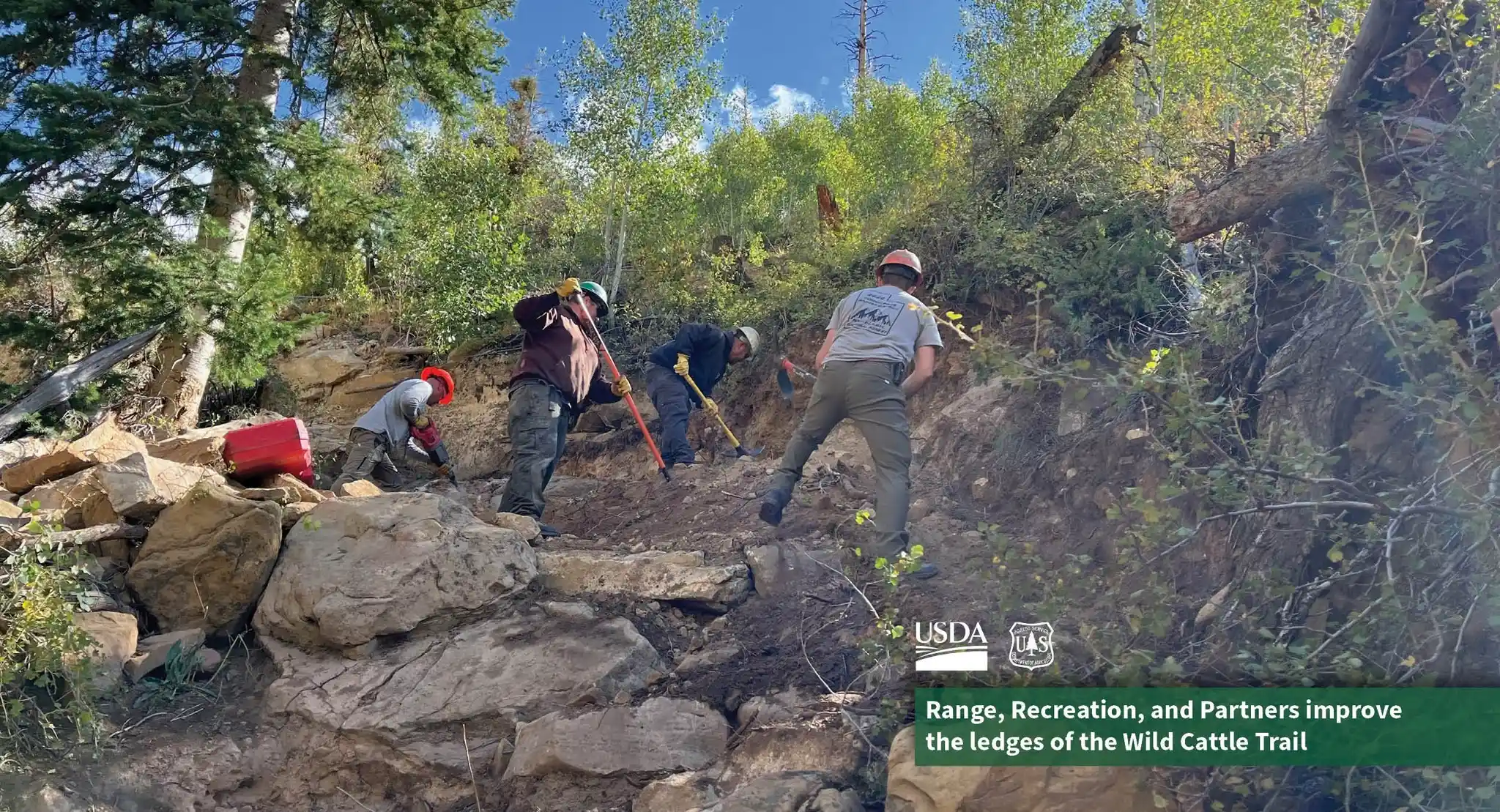Resolved, Moab’s tourist economy has reached the point of diminishing returns.
I will here argue the affirmative:
Last week, when returning from a trip to the desert, the remote, quiet, empty and as yet unsanitized desert, I was met with a traffic jam. It took an hour to get from Arches to the river. Granted, it was a Friday night in October but still, it seemed a bit extreme.
It was a school holiday and a large mountain bike race was about to take place. I’m genuinely happy that those 2,000 kids were out riding their bikes instead of fiddling with their phones, but I have to wonder if it wouldn’t have been a more rewarding experience had they just gone out on their bikes and explored instead of being herded into a giant, glorified playdate.
Every week, Moab offers some festival, race or gathering to lure more and more people to our little corner of paradise, increasing the strain on our already overburdened infrastructure, driving up the premium on our limited housing capacity and, ironically, crowding out the silence and solitude that once made this area special.
Affordable housing, infrastructure and the carrying capacity of the land are the cost to any boomtown. The payback is jobs.
There are a lot of jobs in Moab right now. Unfortunately, many are low-paying service industry jobs that fail to keep pace with the cost of housing. In the past few months, I have talked with dozens of people: clerks, guides, waiters, health-care providers, et cetera, who are living in their cars because they simply can’t afford the rent.
Our outdated water and sewer systems are dependent on more tax revenue from more development, thus further straining those very systems. Some propose lobbying the state government to allow a greater part of the transient room tax to remain in the communities where it was generated. I wish them luck, but I’m not holding my breath.
I first came to Moab 25 years ago. It was a budding little tourist town. There were bikers, climbers, hikers and river people quietly spending their money and going about their business. I camped on the river for eight weeks and didn’t see a soul besides the other occasional campers. I found the town charming and the surrounding desert hypnotic. I decided to stay.
Fast-forward a quarter century and those largely muscle-powered tourists have been replaced by throngs of loud, motorized monstrosities roaring through once-quiet neighborhoods, heading out to once-isolated haunts, leaving trails of assorted detritus in their wake.
It is my firm belief that this runaway tourism has greatly diminished the quality of life for those of us who have to live here.
Resolved: Moab’s tourist economy has reached the point of diminishing returns. I will now argue the negative:
I’m drawing a blank here.
When I first began to pen this little tirade, I intended to pose a fair and balanced argument both for and against the direction our town is headed and let the reader decide. I changed my mind. I honestly can’t think of anything. To channel my inner Ed Abbey, “Growth for the sake of growth is the logic of a cancer cell.”
Instead of offering some sad, feeble argument for an idea I don’t really believe in, I will now offer some suggestions to help mitigate the situation we find ourselves in.
First: City and county governments should revisit the permitting process on any new festivals, races, gatherings, et cetera. We are surrounded by national parks and natural beauty. Let them speak for themselves. We do not need to funnel half the population of the surrounding states into our town each weekend to maintain a vibrant and healthy community.
Second: An immediate moratorium on all new commercial building until our infrastructure and affordable housing problems are resolved.
Third: The city should designate “Night Time Safe Zones” for those local citizens living in their cars. Our housing shortage is not going to be resolved any time soon. Proactive steps need to be taken. Obviously this might raise some concerns, namely: impacts on property values, toilets and how do we keep it from becoming a party zone. I would suggest the parking lot behind the police station. It is removed from residential areas, has nearby public restrooms and the location would clearly keep the riffraff away.
Fourth: Wages. If you are reading this and make less than a living wage, I would guess many of your friends and co-workers aren’t either. Talk to them. Organize. I might suggest a citywide service sector work stoppage some weekend.
Many of you are probably calling me a radical and you are right. Let us take a moment to explore that word: Radical, from the Latin – radix – meaning, “to the root” as in, “arising from or reaching a root, basic, favoring or effecting basic changes.” To the root of the problem.
The problems facing our community can’t be solved with cookie-cutter solutions. They require critical, out-of-the-box thinking. The suggestions I have offered are not perfect or complete and I would welcome any input or modifications others might offer. This is a community problem, after all, and will require a community solution.
Steve Seats lives in Moab. He enjoys chess, exploring remote corners of the Colorado Plateau and long, rambling philosophical conversations – mostly with his dog.





